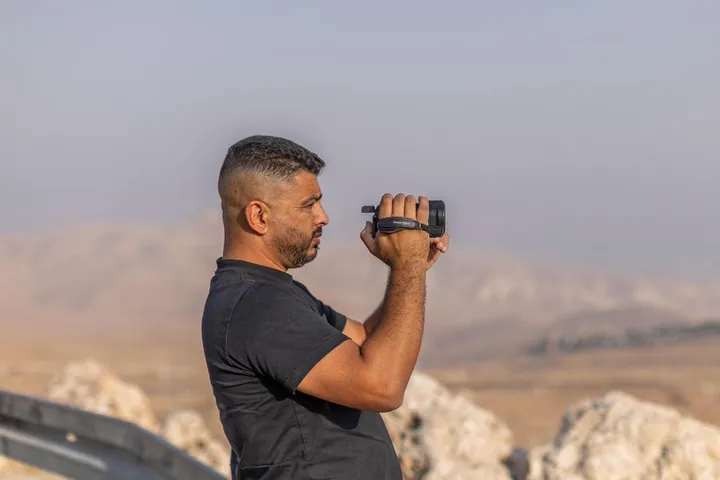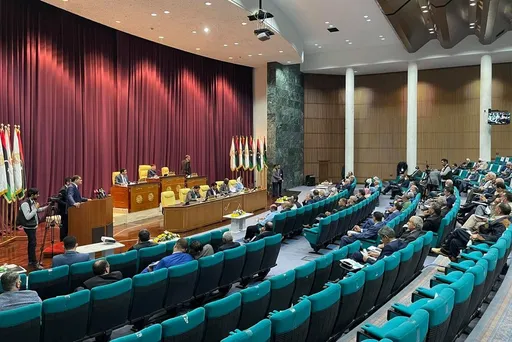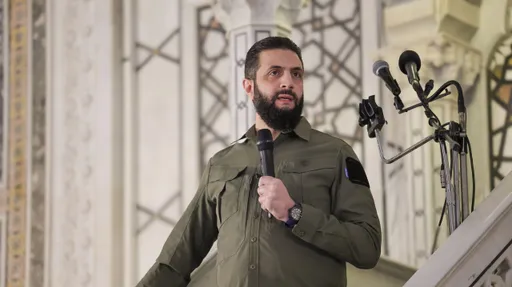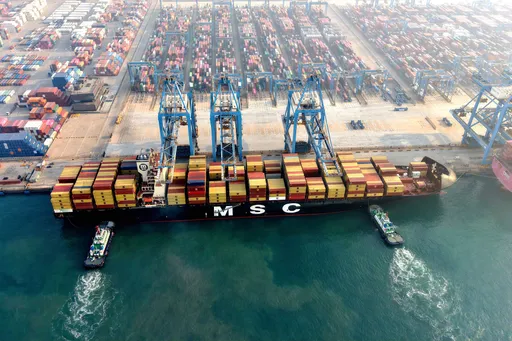Fighting in Tripoli has killed 121 people and wounded 561 since commander Khalifa Haftar launched an offensive earlier this month to take the Libyan capital, the World Health Organization said on Sunday.
WHO's Libya account said on Twitter the organisation was sending medical supplies and more staff to Tripoli, while denouncing "repeated attacks on health care workers, vehicles" during the fighting which began on April 4.
Meanwhile, Egypt's President Abdel Fatah al Sisi met Haftar in Cairo on Sunday to discuss developments in Libya, Sisi's spokesman said.
No other details about the meeting were immediately available.
TRT World's Arabella Munro reports.
Tripoli offensive
Eastern Libyan forces will pursue their advance on the capital Tripoli, the head of the eastern parliament in the divided country said earlier on Saturday, despite international calls for a halt in an offensive that risks causing many civilian casualties.
His comments came after an eastern air strike hit the yard of a school on the southern outskirts of Tripoli, where eastern forces have been confronted by forces allied to Prime Minister Fayez al Serraj's internationally recognised government.
In a possible new front, the eastern Libya National Army (LNA) was readying a unit to move to the Es Sider and Ras Lanuf oil ports, Libya's biggest, on the eastern coast, anticipating an attack from an armed group allied to Serraj, eastern military officials said.
"The force will strengthen the protection of the ports," one official said, asking not to be named.
Last week the European Union had called on the LNA to stop its attacks, having agreed on a statement after France and Italy sparred over how to handle the conflict.
But the eastern parliament head said they would press an offensive launched a week ago under Haftar, the latest outbreak of a cycle of conflict since the 2011 overthrow of Muammar Gaddafi.
"We need to get rid of militias and terrorist groups," Aguila Saleh, head of the House of Representatives allied to Haftar, said using a reference eastern officials often make to describe forces allied to the Tripoli government, which relies on support from several armed groups.
"We assure the residents of Tripoli that the campaign to liberate Tripoli will be limited and not violate any freedoms but restore security and fight terrorism," Saleh told lawmakers in a session in the main eastern city of Benghazi.
For its part the Tripoli government will agree to a ceasefire only if the LNA troops return back east, government spokesman Mohanad Younes told reporters.
Forces loyal to al Serraj's government have so far kept the eastern offensive at bay. Fierce fighting has broken out around a disused former airport about 11 km (7 miles) from the centre.
An eastern military source said a warplane belonging to the LNA had struck a military camp in an eastern Tripoli suburb.
In a separate strike the yard of a primary school was hit, a Reuters reporter at the scene said. An LNA official said the plane had targeted a camp of Serraj's forces.
Saleh also said the United Nations mission to Libya and Serraj's government had been controlled by armed groups and had failed to expel them from the capital, and promised Libya would hold long-delayed elections after the Tripoli operation ends.
Haftar's offensive had surprised the United Nations, which had been planning to hold a national conference on April 14 to prepare Libya for elections.
Some 13,625 people have been forced out of their homes since the offensive began according to the UN.
As well as the humanitarian cost, the conflict threatens to disrupt oil supplies, boost migration to Europe, scupper a UN peace plan, and allow Islamist militants to exploit the chaos.
Haftar, 75, a former general in Gaddafi's army who later joined the revolt against him, moved his troops out of their eastern stronghold to take the oil-rich desert south earlier this year, before sweeping up to Tripoli at the start of April.
























